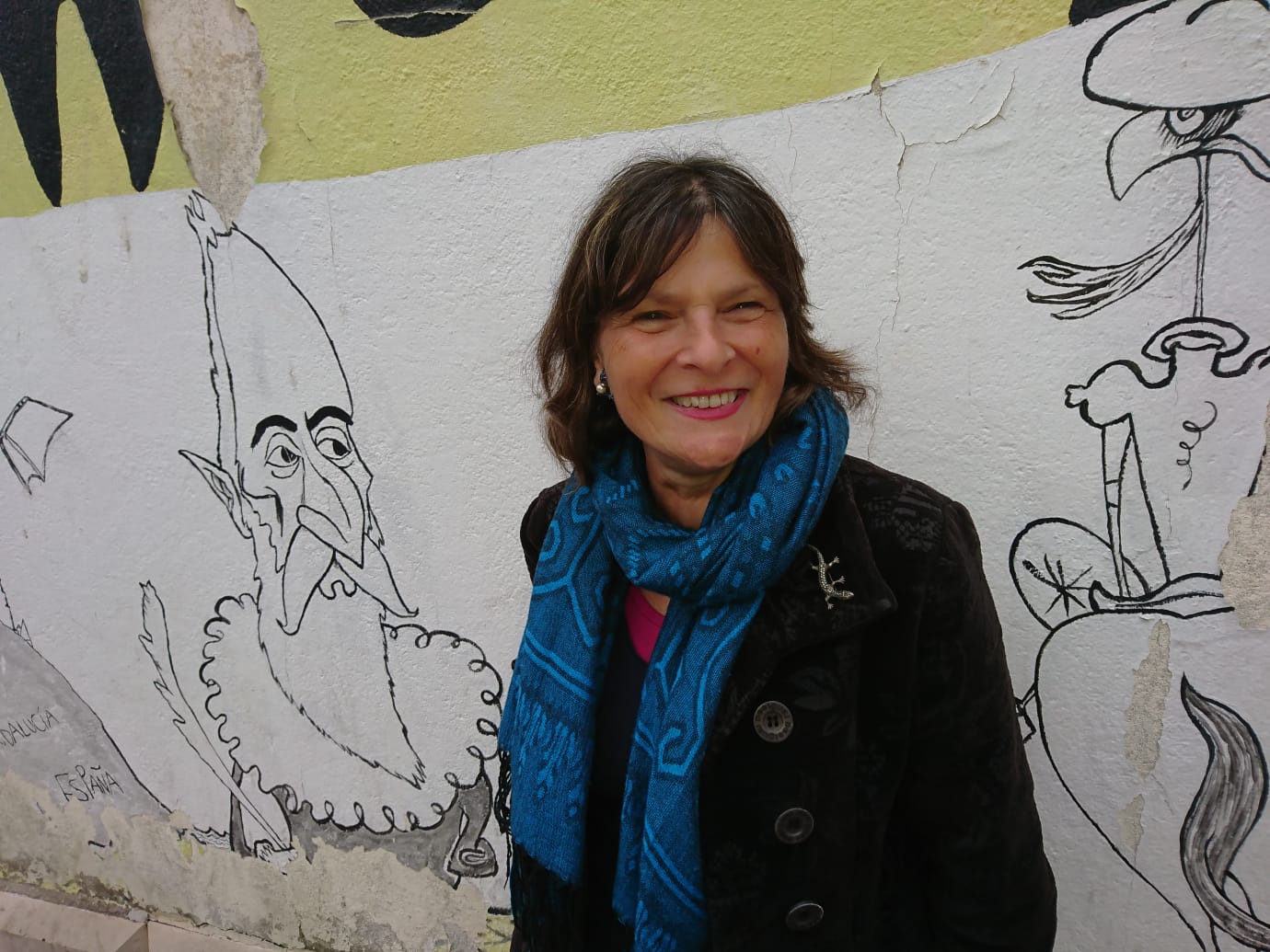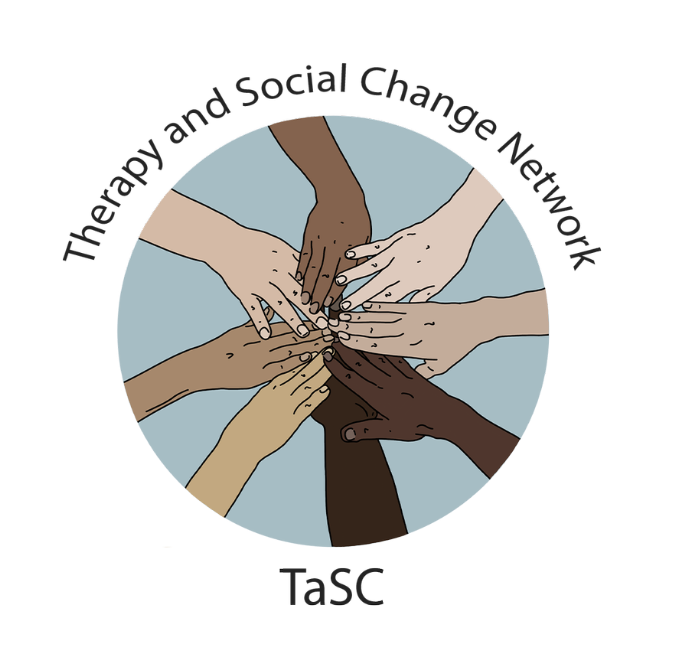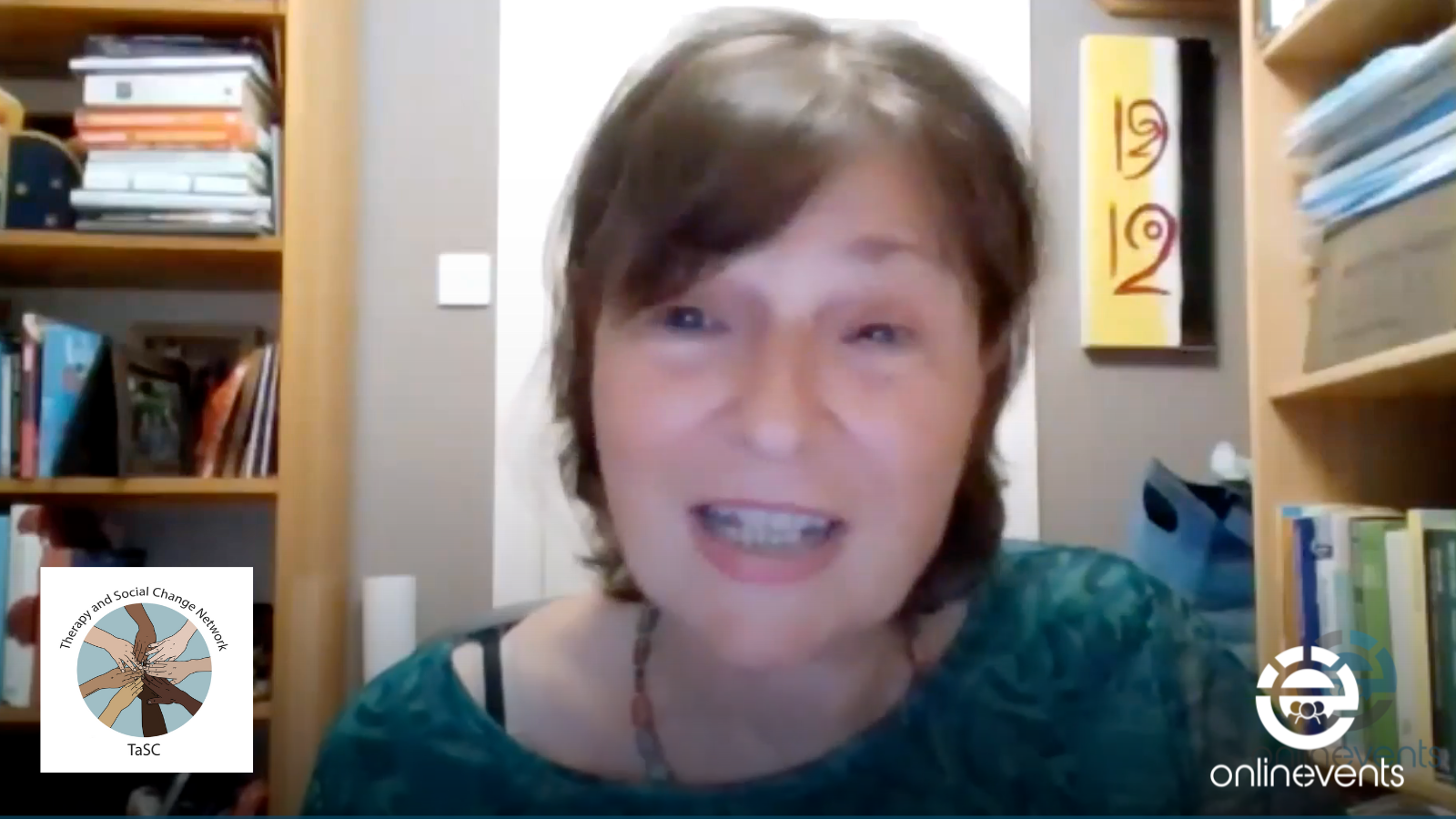In the face of human suffering on an almost unimaginable scale our sense of inadequacy can disempower us and make us inactive. We might debate the type of actions needed. The reasons for not acting can outweigh the reasons for taking action.
This event is included in a series of seminars organised in collaboration with the Therapy and Social Change Network.
Course Content
Organisation
This learning is avaibale in the FREE Student Hub
Presenter

After qualifying as a psychotherapist, Beverley Costa set up Mothertongue multi-ethnic counselling service (2000-2018) for multilingual clients. In 2009 she created a pool of mental health interpreters, in 2010 she established the national Bilingual Therapist and Mental Health Interpreter Forum and founded The Pásalo Project in 2017 www.pasaloproject.org to disseminate learning from Mothertongue.
She has trained over 5,000 therapists for NHS services and NGOs, in working therapeutically across languages and with interpreters since 2013. She is a Senior Practitioner Fellow at Birkbeck, University of London and a Senior Visiting Research Fellow at the University of Reading.
In 2020, Pásalo created an e-learning resource for the British Association for Counselling and Psychotherapy: The Social Response Cycle – about effective therapeutically framed social action.
https://www.bacp.co.uk/cpd/social-response-cycle-member-resource/
In the same year (2020), The Paul Hamlyn Foundation awarded The Pásalo Project funding through its Ideas and Pioneers programme to create a free e-learning resource on mental health and multilingualism https://www.pasaloproject.org/multilingualism-mental-health-and-psychological-therapy—course-content.html .
She has run Reflective Practice Support groups for interpreters, psychological therapists and counsellors, nurses, teachers, lawyers, and psychosocial workers. She has developed an introductory course in facilitator skills for running Reflective Practice Groups which has been delivered online to organisations in England, Scotland, Wales and Belgium. She is the author of Other Tongues -psychological therapies in a multilingual world https://tinyurl.com/Other-Tongues

The Therapy and Social Change (TaSC) Network is a broad affiliation of people interested in exploring the interface between therapeutic ideas and practices and social justice perspectives and actions. We are interested both in the ways that counselling and psychotherapy can be practiced with social justice concerns in mind (for instance, tackling unconscious biases in the consulting room), and also in the ways that therapeutic principles and practices can be extended out to the wider social realm (for instance, developing social and emotional literacy in schools).


